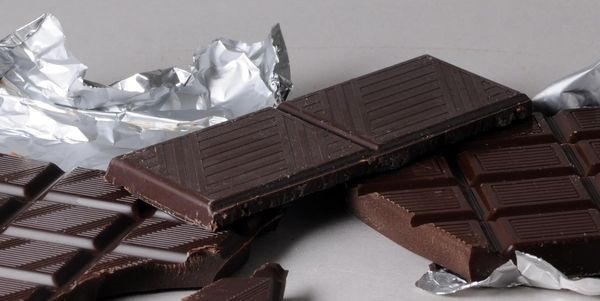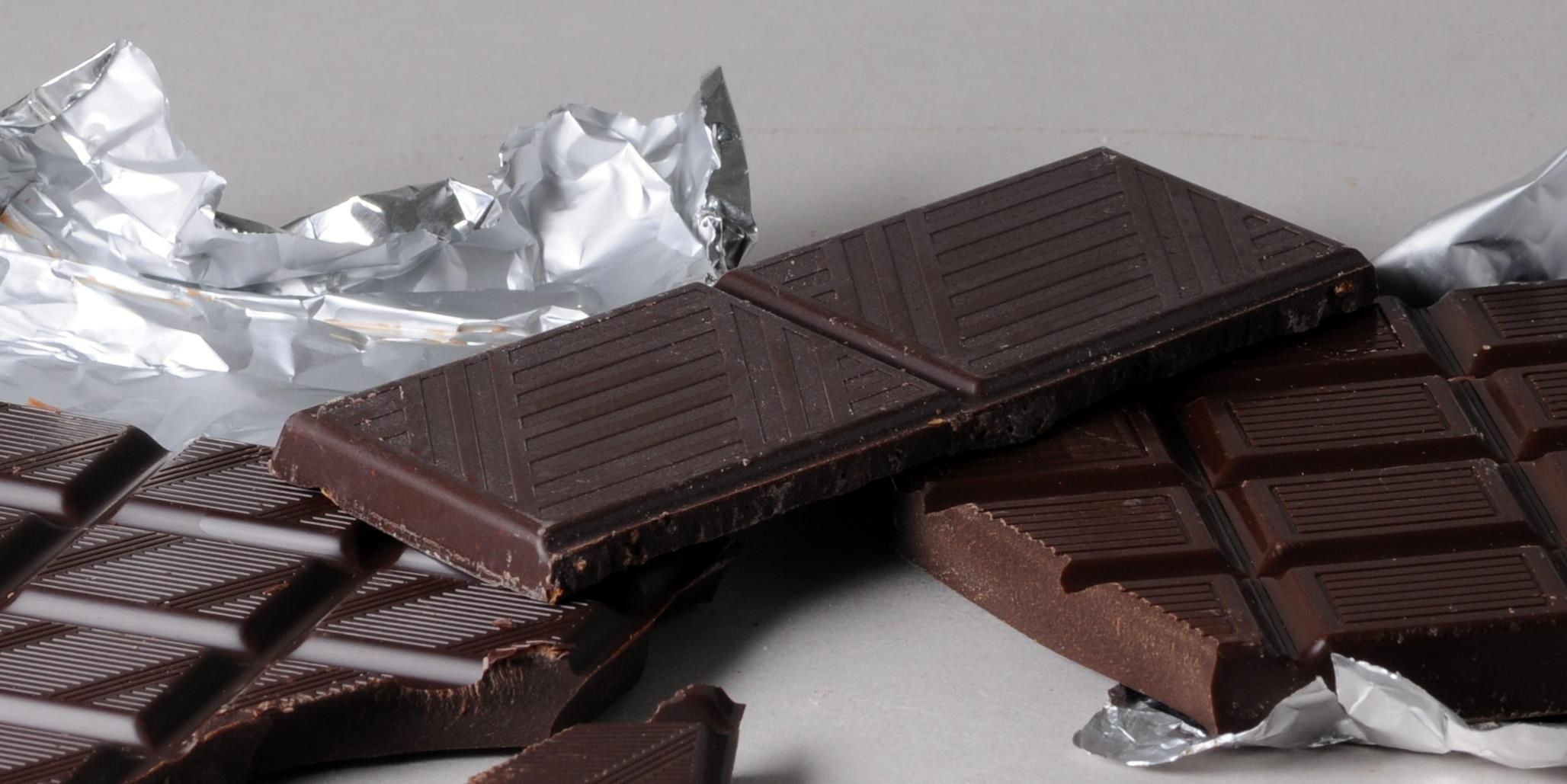Ditch the Sugar, Keep the Sweetness: Nature’s Best Sugar Alternatives!
Who doesn’t love a little sweetness in life? From a warm cup of tea to a decadent dessert, sugar has been our go-to indulgence for centuries. But here's the bitter truth, refined sugar isn't as sweet to our health as it is to our taste buds. Linked to obesity, diabetes, heart disease, and even premature aging, sugar is one of the biggest culprits behind modern-day health issues.But don’t worry! The universe of natural sweeteners has got your back. These alternatives not only satisfy your sweet tooth but also nourish your body. So, let’s dive into the world of natural sugar substitutes that are as good for you as they are for your taste buds!The Dark Side of Refined SugarRefined sugar may make your coffee taste great, but it wreaks havoc on your health. It causes blood sugar spikes, leading to energy crashes and cravings. Over time, it increases the risk of Type 2 diabetes, contributes to weight gain, weakens the immune system, and even speeds up aging by breaking down collagen in the skin. Not to mention, sugar is addictive! Research shows it triggers the same pleasure centers in the brain as drugs, making it hard to quit. But don’t worry, breaking free from sugar doesn’t mean giving up on sweetness, just choosing a better source.Sweet, But Smarter: Tastier and Guilt-Free SwapsNature has blessed us with a variety of delicious and nutritious sugar substitutes that can make your life sweeter without the guilt. Let’s meet the top contenders:1. Jaggery – The Golden Elixir of SweetnessA staple in Indian households, jaggery (or ‘gur’) is made from sugarcane or palm sap, but unlike refined sugar, it retains all the essential minerals like iron, magnesium, and potassium. This unrefined delight boosts digestion, detoxifies the liver, and even helps combat anemia. Plus, its deep, caramel-like flavor adds a delicious twist to desserts, tea, and even traditional sweets.How to use: Swap sugar for jaggery in baking and even energy bars for a rich, earthy sweetness.2. Dates – Nature’s CandyEver tried biting into a plump, juicy date? These little gems are naturally sweet, packed with fiber, and full of antioxidants that help fight inflammation. Unlike sugar, dates provide sustained energy rather than a quick crash, making them perfect for athletes or anyone needing an energy boost.How to use: Blend dates into smoothies, chop them into oatmeal, or make a paste and use it in cakes and brownies.3. Honey – Liquid Gold for Your HealthRaw honey is a powerhouse of antioxidants, enzymes, and antibacterial properties. It’s known to soothe sore throats, boost immunity, and even improve digestion. The best part? It tastes divine! But be sure to go for raw, unprocessed honey to reap all the benefits.How to use: Drizzle it over toast, stir it into herbal teas, or add it to homemade salad dressings.4. Coconut Sugar – The Low-Glycemic StarExtracted from coconut palm sap, coconut sugar is a fantastic alternative to refined sugar. It has a lower glycemic index, which means it won’t spike your blood sugar as much. It also contains small amounts of iron, zinc, calcium, and potassium, making it a slightly more nutritious option.How to use: Use it 1:1 as a replacement for white sugar in cookies, cakes, or even coffee.5. Maple Syrup – The Sweet Sap of NatureStraight from the maple tree, this delicious syrup is rich in antioxidants and contains essential minerals like manganese and zinc. It also has a unique caramel-vanilla flavor that elevates both sweet and savory dishes.How to use: Pour it over pancakes, mix it into yogurt, or use it as a glaze for roasted veggies.Sweet Swaps for a Healthier YouDitching sugar doesn’t mean giving up on delicious treats. The key is to replace refined sugar with these natural sweeteners to add both flavor and nutrition to your meals. Here are some easy swaps:Bake with dates or coconut sugar instead of refined white sugar.Sweeten homemade chocolates with jaggery instead of artificial sweeteners.Make energy balls with dates, nuts, and coconut for a healthy snack.Time for a sweet upgrade!By making this simple switch, you’re not just cutting down on empty calories, you’re nourishing your body with essential minerals, antioxidants, and natural energy boosters. These wholesome alternatives don’t just sweeten your food; they enhance digestion, improve heart health, and even support glowing skin. So, why settle for a quick sugar rush when you can enjoy lasting vitality with nature’s finest sweeteners? After all, life is sweet, so let’s keep it naturally delicious!






.jpg)
